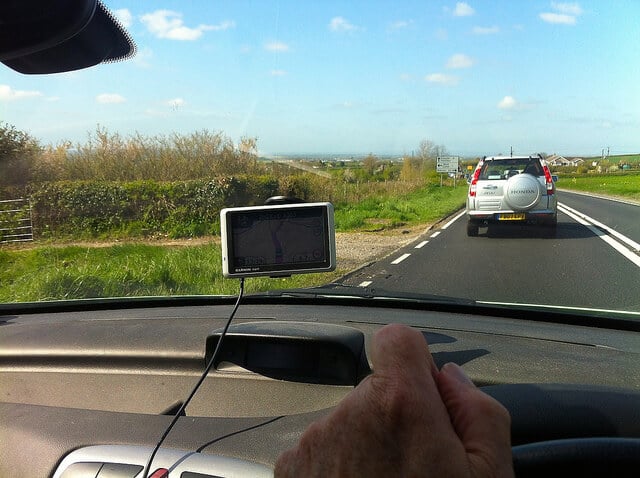Advanced technology has altered how we drive, and the UK driving test soon may be altered as a result. The Driver and Vehicle Standards Agency, which oversees the test, has announced the biggest possible changes in 20 years. For learners, this could mean real differences in what they need to know in order to pass the test.
The new practical exam may eliminate some well-known manoeuvres while including other challenges that are suited to today’s technological world. The ‘turn-in-road’ or ‘three-point-turn’ manoeuvre is expected to be removed from the road test. In addition, the DVSA proposes to delete the ‘reverse around a corner’ manoeuvre. To replace them, examiners may require the learner to reverse out of a parking bay or pull up on the left or right before rejoining traffic.
While the length of the practical exam will remain 40 minutes, the examiners will lengthen the independent driving portion from 10 minutes to 20 minutes. Since it was introduced in 2010, the independent portion of the test has challenged drivers with a paper diagram to follow. They are expected to handle road issues even as they handle navigational skills. With the proposed changes, technology will replace paper. Drivers will be expected to use a satellite navigation aid to perform the same task.
Another change, according to DVSA officials, is that the examiner will test more skills while in motion. For instance, a student driver could be asked to stop sat-nav, perform a parking manoeuvre, and then resume sat-nat. This has not been common practice when utilizing the paper diagram. Examiners will also change the timing of safety questions. Instead of asking them at the beginning of the exam, the questions will be asked when the car is in motion.
The addition of satellite navigation is in direct response to conclusive research on the distractions posed 
Drivers who are listening to sat-nav actually tend to go faster and to be less observant, says Brake’s deputy chief executive Julie Townsend. Drivers also tend to cede too much power to the machine. As Townsend suggests, the system can’t make all the decisions. That’s the driver’s responsibility.
The proposal has been met with some scepticism by the Automobile Association and the Royal Automobile Club Foundation. Both groups expressed concerns over the application of satellite navigation. One stumbling block, say the critics, will be the fact that not everyone has a satellite navigation aid. The DVSA will need to iron out this detail as it makes its plans. Fortunately for our students, our driving school can provide sat-nav for practice sessions.
Edmund King, AA president, suggests that a three-point turn is still an important challenge, even for those who use navigational aids. Stephen Glaister, director of RAC Foundation which studies transportation issues, agrees. He stated that the three-point turn and related manoeuvres are still essentials of good driving.
Although the final say belongs to the DVSA, the agency has indicated that the public’s reaction will be considered. For this reason, the new test won’t be required immediately. Recently, it was tested by about 1,000 learner drivers. Twenty testing centres offered the revised practical exam on specified days. The DVSA will analyse the results after surveying examiners and asking learners for feedback.
The date of implementation is still unknown, but our driving school is preparing actively for the changes. It is clear that more emphasis than ever before will be placed on how a student driver performs during the road test. This makes it vital that our instructors hold our students to these tougher standards.
Even as the DVSA seeks to keep up with the times, automated technologies are introducing new challenges that may once again change how drivers are tested. In the meantime, the nation’s roads are expected to be crowded with one-fifth more drivers in the next ten years and one-third more in 20 years. Learning to drive well has never been more important.

1 Comment
The new driving test proposals are both very interesting and yet in there lies a lot of topics for discussion.
I am in agreement with the deletion of the reverse around the corner, as I find this totally outdated in the current climate.
I am on the fence with the T/I/R as I see it still a very big plus for the teaching of clutch control while beginning to start reverse manoeuvres.
Satellite navigation is a very large topic and they as you know have plus and minus points.
The DVSA has to make sure that a nav must be able to fit all current teaching cars and obviously personal private vehicles, so this will need some real big thought.
Lets see what the outcome will be when testing has completed from end of April.
A very nice piece, well written.
Thank you for sharing.
Bryan.
Evolve driving school.